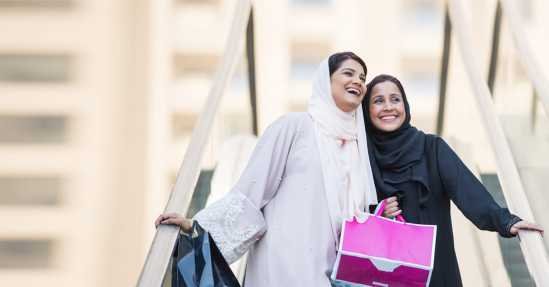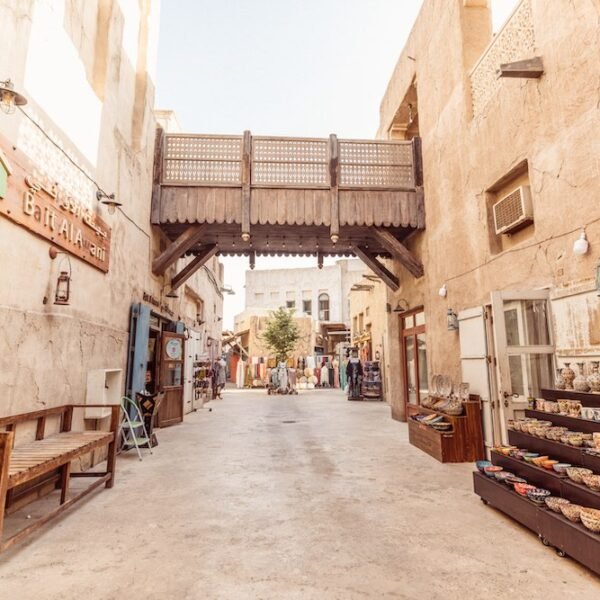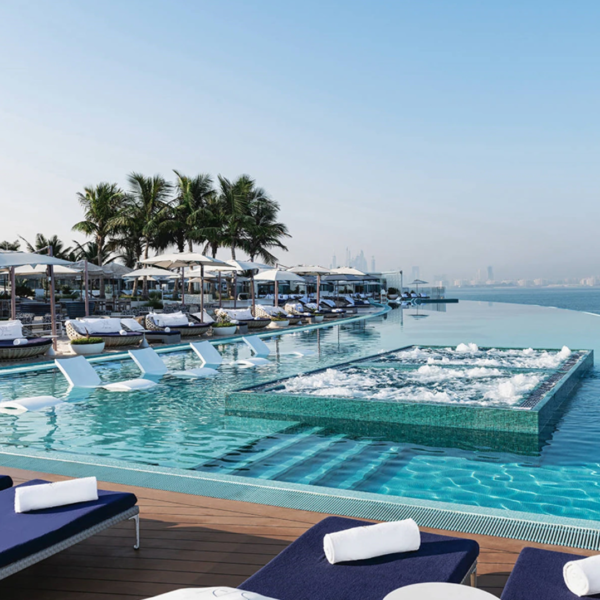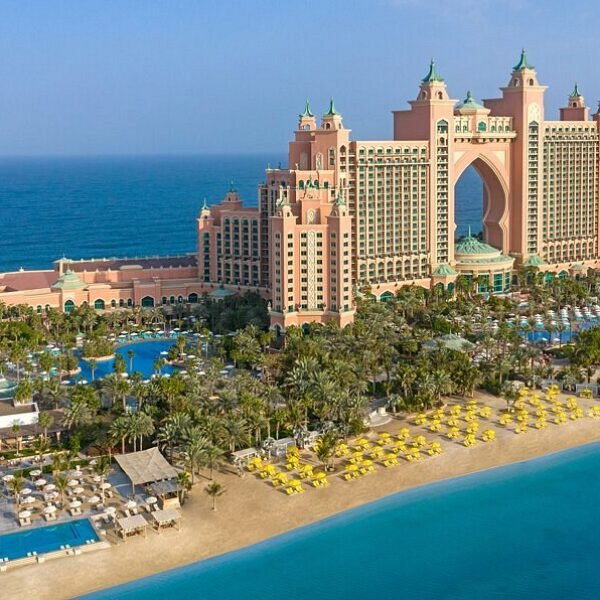Women’s Rights in Dubai 🌸
The UAE is a Muslim country and women’s rights in the country conform to Islamic law. But the opinion that there is no place for women’s rights in the UAE is mistaken. The country takes the first position of gender equality in the Gulf region and takes first place in the world rating for treating women with respect. The UAE has also signed onto progressive international treaties on protecting women.
It is important for expats to keep in mind that in the UAE, legal requirements exist alongside respect for Islamic law. For example, there are several circumstances when a woman should get the approval from her guardian before starting something specific. We have prepared a helpful guide which contains information about gender rights and responsibilities in the UAE, in order to help female expats to understand what rights they have within this state.
Employment Rights
In the UAE, the Labour Law provides the same wages for the same work for both male and female workers. The Law on Equal Wages and Salaries for Men and Women protects the rights of female workers, while the Gender Balance Council offers gender balance in leadership positions.
The UAE is one of the leaders in gender equality in the region, according to the World Economic Forum’s 2022 Global Gender Gap report. This can be seen by the role of women in business and government sectors of the country. Two-thirds of public sector jobs are held by women. They can freely work in jobs of their choosing, including in the government. But for some Muslim female workers, it is necessary to have the consent of their guardian, which is usually their father.
The UAE is a leader of increasing women’s representation in parliament, recording a gender party in 2021. Nearly half of working spaces (45%) in the national space sector of the state are held by female workers. About 86% of the national staff in Strata, which is a high-tech aircraft maker company, based in the UAE, are Emirati women.
The UAE ranked 24th among 170 countries, and the highest regionally in the Georgetown Institute for Women, Peace and Security’s 2021 WPS Index. These indicators demonstrate the UAE’s progress in women’s inclusion, justice and security.
Maternity Issues & Work
Any female employee in the country is entitled to maternity leave. This rule applies both in the private and public sector, in free zones and on the mainland. The maternity leave for females working in the private sector is regulated by the UAE Labour Law. For females working in the public sector, the maternity leave differs from federal workers to public workers depending on the emirate.
In the UAE, women working in a permanent position in the UAE government (public) sector are granted maternity leave of three months with full salary. Women can add annual leave and unpaid leave onto their maternity leave, but together should not exceed 120 days. Women are offered 2 reduced working hours to nurse her child at the beginning or at the end of the working day, up to a year from the birth of a child. But female workers do not get nursing breaks during the month of Ramadan.
If a woman has given birth to a child with special needs, she is given childcare leave from the expiry date of the maternity leave to the date when the child reaches 1 year of age.
Women working in private companies are entitled to 60 days of maternity leave, which comprise 45 fully-paid days and 15 part-paid days, according to article 30 of the Labour Law. If there is a medical certificate stating that the baby suffers from a disability or is sick, female employees can take an additional 30 fully-paid days leave.
Note: A female employee in both the private and public sectors has an opportunity to apply for maternity leave up to 30 days prior to the anticipated date of delivery.
Financial Rights
Women in the state have a right to open a business and they have free access to ownership, financial services and natural resources, according to the national law. Nearly 10% of the total number of businesses in the private sector of the UAE are owned by women.
There are several female-led entrepreneur groups which are driving the conversation about women entrepreneurs in the UAE. One of them is Womena, which is a female media company that creates inspiring and women-focused content to build a lasting impact.
In the UAE, both Emirati and foreign women have the right to buy property as well as acquire a mortgage. According to recent studies, 30% of the property in the emirate of Dubai is owned by women.
If female expats do not wish to allocate their wealth according to Sharia law, it is recommended that they make a will. The will allows them to distribute real estate in accordance with their own wishes. You should consult a legal specialist in the emirate of Dubai and draft your will, then make an appointment with an executor of the will and the guardian. All documentation, which is submitted to Dubai Courts, should be in Arabic, therefore you will need to translate the draft. You can register your will at Dubai Courts or the DIFC Wills Service Centre.
Note: An executor of your will and a guardian must be your relatives or friends, and be over 21 years of age.
Healthcare for Women
The UAE has one of the best healthcare systems in the region and is well equipped to handle all kinds of women’s health concerns. Local and foreign women will be able to find all the necessary feminine health checks such as regular cancer screenings, mental health support groups, heart health checks, etc. You can visit websites of any public and private medical center to make appointments via phone or online.
In the UAE, the average life expectancy for women constitutes 78, while for men this is 76. One of the most common diseases in the state is Vitamin D deficiency, and as a result, the individual may have cardiovascular problems, a weakened immune system, diabetes, infertility or even cancer. Regular check-ups, which are advised for UAE women, are often covered by medical insurance.
Medical assistance for reproduction by licensed medical facilities is allowed in the UAE and can be applied after establishing that a pregnancy cannot happen the natural way for a period of one year or more. It is obligatory to inform the male about the process of the technique and its price. In addition, the male should provide written consent with his acceptance of the use of the technique.
In the UAE, abortion is illegal and criminalized, except in very specific instances that are difficult to prove. In cases when a pregnancy endangers the woman’s life or it’s evident that a baby will be born with deformities and won’t survive, the abortion is allowed before the foetus turns 120 days (one week into the second trimester). After the 120 days of pregnancy, abortion is prohibitied, regardless of the case.
Note: Women must be married if they are seeing a gynaecologist if they think they are pregnant. In the UAE, pregnancy outside of marriage is illegal. If a woman doesn’t have a marriage certificate and wishes to give birth to a child, the hospital employees have the right to call the police. Then the registration of a child’s birth will be taken by a judge, because the police will refer a file to a Personal Status Court.
Political Rights
In 2006, the government began to allow men and women to vote or stand in the Federal National Council (FNC). Currently, about 50% of FNC members are women. There are nine female ministers within the UAE government. Women ministers handle the new portfolios of youth, tolerance, happiness, as well as food and water security. Noura bint Mohammed Al Kaabi works as the Minister of Culture and Youth, Reem bint Ibrahim Al-Hashimi serves as the Minister of State for International Cooperation, Shamma bint Sohail Faris Al Mazrui works as the Minister of State for Youth and Jameela bint Salem Al Muhairi serves as the Minister of State for Public Education. The participation of women in the UAE Cabinet is among the highest in the world, which reflects the strong position reached by the Emirati women.
As for the distribution of positions in government institutions by gender, women make up 66% of the public sector workforce, while 30% of women are in leadership roles. The remaining 15% are in technical and academic roles.
Family & Divorce Laws
According to the law, the age of consent for marriage in the UAE is 18. However, the age of consent for marriage, in accordance with the Quran, is puberty. Therefore, with the approval of a judge, a child under 18 years old has the right to marry. The approval of a woman’s guardian in such a case is mandatory.
In the UAE, Emirati men have the right to marry up to four wives if they can support them equally. Men can immediately divorce, whilst women must apply for a court order. According to the law, a woman has custody over her children until boys turn 11 and girls turn 13 years old. An ex-husband has the right to get full custody after the children turn these ages.
Note: If you want to find out information about top residential communities for families in Dubai, read this article.
Education for Women
Women in the UAE have access to all levels of education, including primary school, secondary school and universities. At the moment the total literacy in the state is about 95%, while the literacy level of women in the UAE is 95.8%. Women make up 70% of all university graduates.
Education in public schools, colleges and universities is free for Emiratis. The UAE government eliminates the gender disparities in education and ensures equal access across all levels of education. According to Article 17 of the UAE’s Constitution and Article 1 of Federal Law No. 11 of 1972 concerning Compulsory Education, the education in the country is compulsory at primary stages and free of charge at all stages for citizens in the UAE. Compulsory education includes starting school at the age of 6 and remaining in school until children have completed Grade 12 or reach the age of 18, whichever occurs first.
Note: Since 2014, women in the UAE have a right to study at the first military college for women called Khawla bint Al Azwar Military School. The institution offers world-class training and leadership development.
How Can We Help?
Highly-skilled professionals of Metropolitan Premium Properties will provide you with all the necessary information about features of living in the emirate of Dubai. We are also ready to offer you the best residential projects for sale in some of the most highly sought-after communities. Our agents will find the most suitable property for you, which may be close to medical and education facilities, as well as entertainment activities. Services of Metropolitan Premium Properties also comprise property management, obtaining a mortgage, legal services, and much more.















